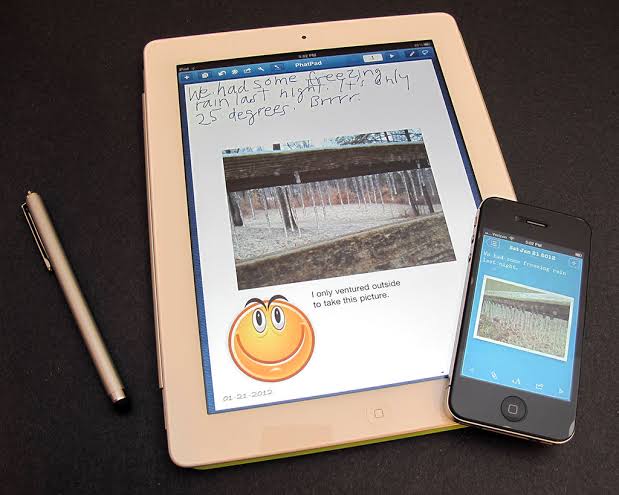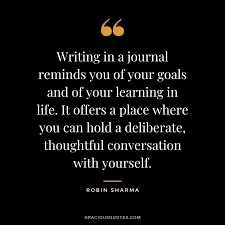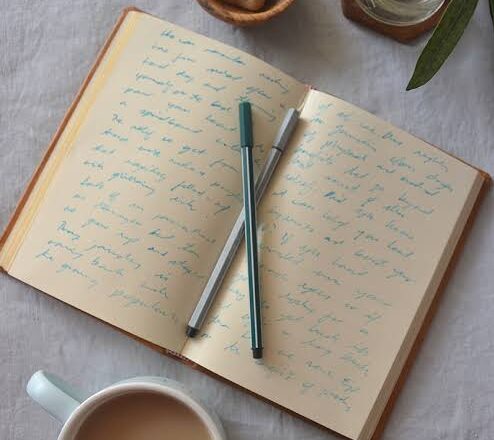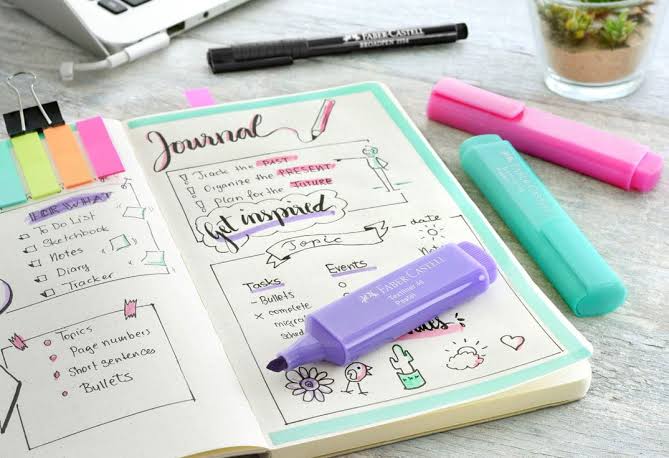First of all, journaling is not something that only the “smart” kids do. It’s one of the most powerful self-improvement activities to engage in.
And anyone can journal – the old, young, female, male. Absolutely anyone.
What is journaling?
Journaling is simply a written account of your thoughts and feelings as you navigate through life.
The beauty of journaling is that there’s no right or wrong way to do it. It’s a deeply personal experience that can take many forms.

On one hand, it could look like a diary. On the other, it can be a list of things that bring you joy or a list of goals you want to achieve.
All you have to do is to get a journal and start.
You don’t necessarily have to use a manual journal; you can also get an e-journal where you type your feelings. People mostly prefer books, because you can either go back to other jottings, and there’s also this undeniable connection when we write on a piece of paper!
RELATED: How To Set Achievable Goals
Importance of journaling
Let’s face it: this is one of the most important self-improvement tools.

What people don’t know is that journaling can help you figure out your emotions. Some people may not be able to say what they feel but can write it down.
Developing a journaling habit can help you work through your emotions, especially when you’re feeling anxious or sad.
If practiced consistently, it can transform your mental fitness, emotional well-being, and even physical well-being.
Benefits of journaling

Here are some of the benefits of keeping a journal.
Improvement of mental well-being
As an adult, one way to deal with intense emotions and uncertainty during difficult times is to find a healthy outlet for them in the form of a journal.
Journaling is proven to have a positive effect on mental health and reduce the effects of anxiety and depression.
Expression of gratitude
Journals are also a place to write down your wins and accomplishments. This would also stimulate a good feeling and push you to do more.
Feeling grateful also overpowers negative emotions and boosts optimism,
RELATED: Easy Ways To Build Confidence
Assistance with challenges
Did you know that a recent Duke University study asked participants who experienced a recent traumatic event to go through a writing ‘intervention’? The study found that writing increased participants’ resilience and decreased stress.
Plenty of people move about their days either not noticing their emotions or actively ignoring them. Believe it or not, it can assist you to figure out your feelings.
Future planning
Writing down your thoughts and feelings about a situation is the first step in understanding how best to go on. You can see your map plan clearly and also make adjustments.
RELATED: Easy Steps To Become A Good Parent
Accomplishment of goals
One of the most effective ways to achieve your goals is to write them down.
Putting your goals on paper helps you visualize them more clearly.
Visualization is a powerful technique used by many people. It involves imagining that what you want to achieve is already yours.
How to start journaling

I know it can be hard to start something you haven’t done before. But it would take a while before it becomes a part of your lifestyle.
First of all, find a technique that works for you. Many people prefer keeping a paper journal because it helps them develop and express ideas more clearly. But putting pen to paper isn’t the only way to journal. You can also use an electronic device.
You also don’t have to limit yourself to one method. You can also mix it up!
You can also create a routine. How often do you want to journal? It’s easy to write on days when you’re feeling inspired and motivated.
Creating a writing routine and scheduling journaling time can help you stay on track, even on days when you’re feeling uninspired.
Finally, journal whatever comes to your mind. You can write about your day, your thoughts and emotions, or something that inspired you.
RELATED: Benefits of Yoga for Beginners: Namaste, Newbie!
Conclusion
Learning how to start journaling is the easy part. It’s making it a daily habit that takes self-discipline.
Please don’t expect to be an expert yet. Use it as a tool for personal growth or relaxation. There’s no right or wrong way to journal. Decide which way works for you and own it!
